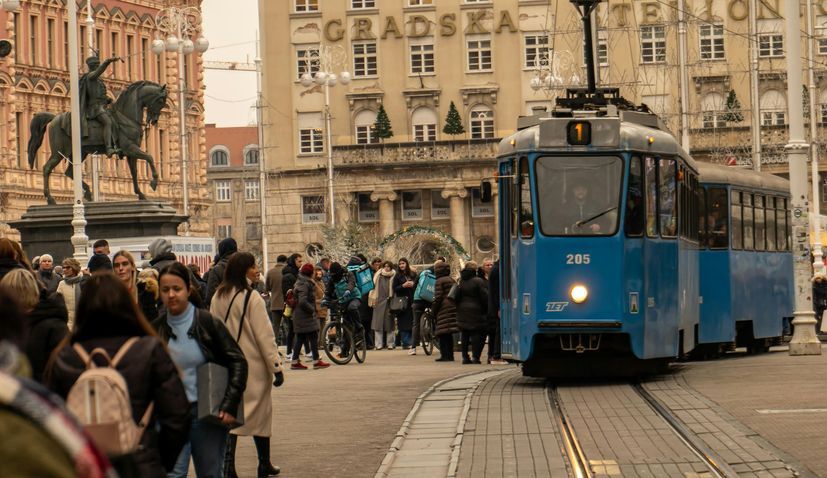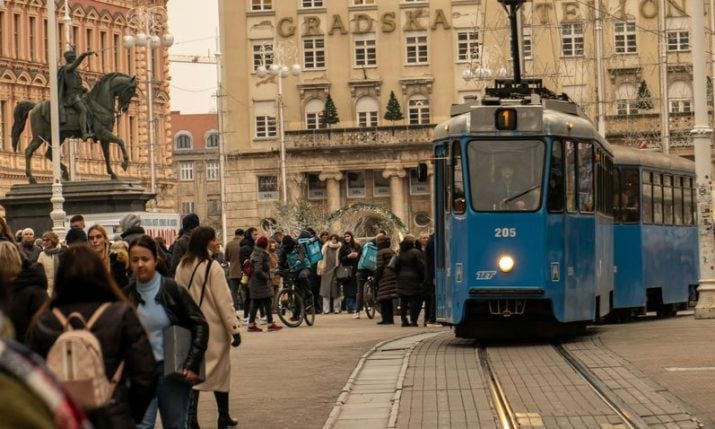by croatiaweek
October 24, 2025
in

Zagreb
The Croatian Government has adopted a new regulation setting the country’s minimum wage for 2026 at €1,050 gross per month. The decision marks an €80 increase compared to the 2025 minimum wage, HRT reported.
According to the government, this adjustment reflects ongoing economic growth, increased employment and a steady rise in average salaries across Croatia.
Since 2016, when the minimum gross wage stood at €414, the amount has grown by 153%.
The increase has been particularly significant over the past three years, during which the minimum wage has risen by 50%, from €700 to €1,050 gross.
“We consider that an appropriate amount for the minimum gross wage in 2026 is €1,050. This means that, from 2016, when we began with our first government, until 2026, the gross amount of the minimum wage will have increased by 153 per cent, rising from €414 to €1,050, said PM Andrej Plenković.
Officials noted that the new rate aligns with Croatia’s broader aim to close the gap with Central and Eastern European EU member states that joined earlier.
Recent data from the Croatian Bureau of Statistics (DZS) showed that the average net monthly salary in August was €1,446, up 9.2% nominally and 4.9% in real terms compared to the same period last year.
With the current minimum wage of €970 gross, Croatia stands at around 75% of the EU average for minimum wages, and the upcoming increase is expected to move it even closer to that benchmark.
The government has emphasised that the decision balances the needs of both workers and employers. While the rise aims to improve living standards for those earning the least, measures will also be introduced to support businesses affected by the higher wage costs.
The Prime Minister stressed that the decision to raise the wage was made taking into account the economic circumstances.
“What is important to understand in this matter is that the amount of the minimum wage has been assessed within realistic parameters, considering the strong economic growth we are achieving, the rise in employment, and the overall increase in average wages in Croatia,” he said.
Compensation schemes through the Croatian Employment Service will continue to help preserve jobs in sectors where the wage increase might create financial strain.
The new minimum wage will take effect from 1 January 2026.
